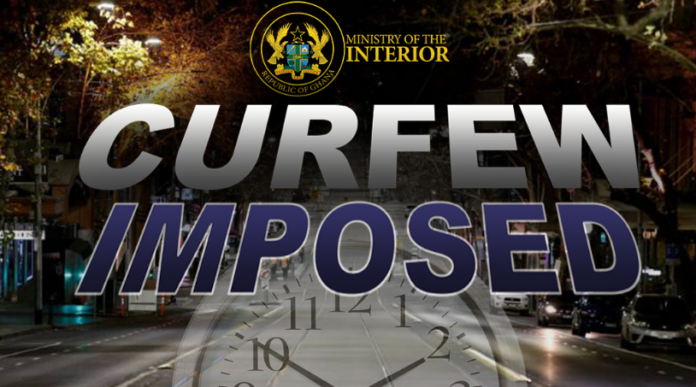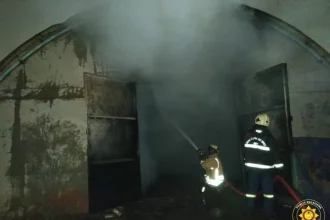The Technical University Teachers Association of Ghana (TUTAG) has distanced itself from some members of the Kumasi Technical University (KTU) who publicly opposed the planned strike against illegal mining, scheduled for October 10.
A faction of the KTU chapter of TUTAG cited a lack of consultation as their reason for opposition.
However, TUTAG clarified that this statement doesn’t reflect their views or leadership’s stance.
TUTAG urged its members to remain committed to the strike, emphasizing unity in combating illegal mining.
This strike is part of organised labour’s broader efforts to address the devastating effects of illegal mining (galamsey) on Ghana’s environment and communities.
According to the association, a nationwide strike will damage the struggling economy.
The group rather encouraged organised labour to continue engaging the government in discussions towards finding a lasting and sustainable solution to the galamsey canker.
At a press conference in Kumasi, the General Secretary of GNASSM, Godwin Amarh, said the discussion must also respect the role of all relevant technical as well as regulatory institutions devoid of political partisanship.
In a conference room parked with over a hundred small-scale miners, chanting songs that suggest mining cannot be banned in Ghana, the GNASSM General Secretary explained that the association was not oblivious to the concerns of various CSOs, religious bodies and the general public on the destruction to water bodies and forests.
According to Mr Amarh, GNASSM has proposed as well as decided to support the galamsey fight by deploying a task force to illegal mining sites to arrest miners polluting water bodies, calling for the support of the government in terms of personnel and logistics.
Again, the government must re-examine the granting of mining licenses for mining operators in forest reserves.
“Illegal mining or galamsey is an illegality and there are sanctions prescribed under the Minerals and Mining Act, 2006(703) as amended. Government should through its agencies enforce these laws”, he stated.
The General Secretary reminded the public of the importance of small-scale mining, claiming they contribute about 40 per cent to GDP growth through merchandised exports, “there are about four million Ghanaians employed in the small-scale business and from January to August, a report from Minerals Commission indicated US$2.7 billion was generated from the mining sector”.
















